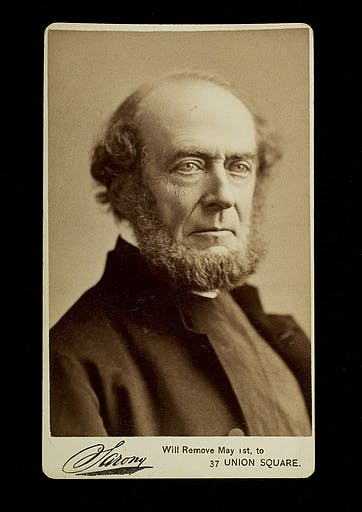Lies, Damned Lies, And Statistics

It’s a famous saying, one popularized by the great American writer Mark Twain, who (perhaps incorrectly) attributes it to former British Prime Minister Benjamin Disraeli: “There are three kinds of lies: lies, damned lies, and statistics.”
What does it mean?
Let’s look at the context, which is “Chapters from My Autobiography,” published in 1906. Via the marvellous Project Gutenberg:
I was very young in those days, exceedingly young, marvellously young, younger than I am now, younger than I shall ever be again, by hundreds of years. I worked every night from eleven or twelve until broad day in the morning, and as I did two hundred thousand words in the sixty days, the average was more than three thousand words a day–nothing for Sir Walter Scott, nothing for Louis Stevenson, nothing for plenty of other people, but quite handsome for me. In 1897, when we were living in Tedworth Square, London, and I was writing the book called "Following the Equator" my average was eighteen hundred words a day; here in Florence (1904), my average seems to be fourteen hundred words per sitting of four or five hours. I was deducing from the above that I have been slowing down steadily in these thirty-six years, but I perceive that my statistics have a defect: three thousand words in the spring of 1868 when I was working seven or eight or nine hours at a sitting has little or no advantage over the sitting of to-day, covering half the time and producing half the output. Figures often beguile me, particularly when I have the arranging of them myself; in which case the remark attributed to Disraeli would often apply with justice and force: "There are three kinds of lies: lies, damned lies, and statistics."
Let’s boil down that full quote to its elements:
- Twain found in his early years that he was writing 3,000 words per day on average. That figured dropped over time to 1,800, and then again down to 1,400 words per day.
- Therefore, using words per day, Twain was slowing down as he aged.
- However, that statistic was flawed – Twain was actually spending fewer hours writing each day, and when he used words per hour, rather than words per day, he found that his writing had not slowed at all.
- Reflecting on the misleading nature of words per day, Twain referenced a saying he liked: “There are three kinds of lies: lies, damned lies, and statistics.”
It is an example we can compare directly to hockey. A player might go from scoring one point per game one year to 0.8 points per game the next year, leading some to conclude that his scoring rate has dropped. If, however, his ice-time has gone down by the same amount, we could point to that and reflect, as Twain did, on “lies, damned lies, and statistics.”
Put another way, it was never intended as an argument against using statistics, just an argument that statistics can mislead if not checked carefully.
An interesting side note: I mentioned above that Twain may have been incorrect in attributing the quote to Benjamin Disraeli. The website “The Phrase Finder” notes that there is no record of that quote in any of Disraeli’s published documents or letters. It credits Leonard Courtney with the first published use of the phrase.

Why is that interesting? Courtney (pictured above with the glorious facial hair), a politician and academic, used the phrase in 1895. In 1897, he became President of the Royal Statistical Society, a professional body for statisticians.
In other words, there’s good reason to laugh if someone uses that quote as a refutation of all statistics – as it was instead intended to show the need to identify the right statistic, and primarily used by men who did so.
Recent articles from Jonathan Willis




